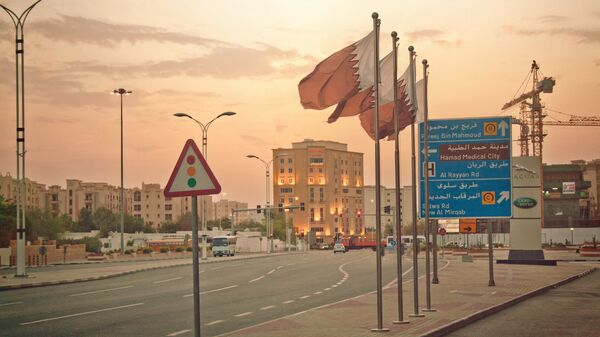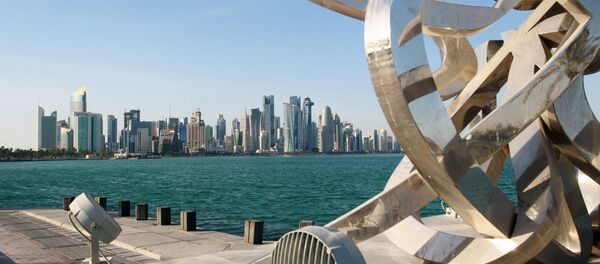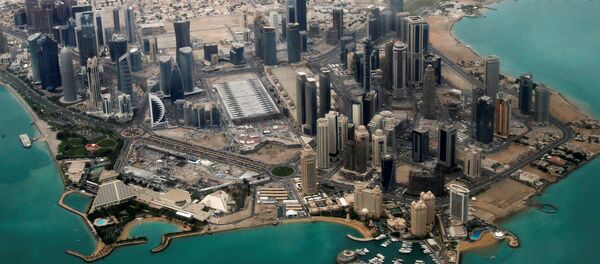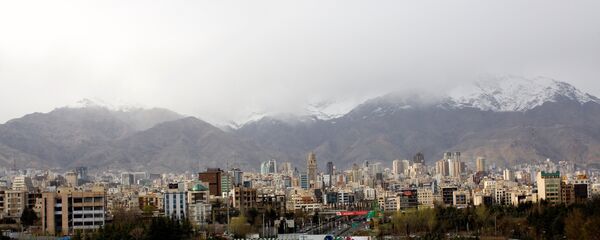"Qatar still has the chance to settle the regional diplomatic dispute if it reconsiders its policy. Two countries of the Persian Gulf, namely the Sultanate of Oman and Kuwait, have not broken their ties with Doha. Subsequently, there are opportunities to restore the diplomatic relations," Mohamed Orabi, Egyptian diplomat, politician and the country's former Foreign Minister (June 18 – July 18, 2011) told Sputnik.
Mohamed Orabi also noted that certain countries would like the Cooperation Council for the Arab States of the Gulf, known as the Gulf Cooperation Council (GCC) to cease to exist. This is not in the interests of Qatar, the diplomat noted.
"In the long run, Qatar is an Arab state and it should revert into the fold of the Arab world. However there is a need to pressure Doha through the sanctions for it to abandon its policy of meddling into the internal affairs of the neighboring Arab states and its support of extremist groups," he told Sputnik.
In a separate comment on the issue, Saudi expert Anwar Ishki, the head of Middle East Center for Strategic and Legal studies explained to Sputnik Arabic why Qatar will start searching for a mediator for the settlement of the dispute within 48 hours.
The Qatari exchange is also in freefall, he said.
"Qatar won't be able to stand for 48 hours, and Qatari people won't put up with the consequences of this political solution for more than 15 days. Qatar is in a very nasty position," the expert suggested.
Because of this, he further said, Doha will be forced to start searching for a mediator to normalize relations, be it Russia or the US. The Arab countries will adhere to both, he said. However the mediator will have to watch that Qatar fulfills its part of the negotiated outcome.
Meanwhile Massouma al-Mubarak, Kuwait's first female government minister, who served as minister of planning and minister of state for administrative development (2005-2007) and who then became one of the first four women to enter the Kuwaiti parliament, suggested that her home country could become the dove of peace in the Qatari conflict.
This conflict has been ripening for a long time, she told Sputnik Arabic. However she is still surprised with the speed of political action.
"I hope that in such a serious situation Kuwait can become the dove of peace. Under the recent leadership, as well as back in the past, Kuwait has always played a role of a conciliatory force," she said.
Massouma al-Mubarak also suggested that the mass media can play a decisive role in the settlement of this conflict because they have a colossal influence on public opinion.
"We hope that Arab mass media, be it mainstream media or private companies, would help to stabilize the situation. In case they are unable to do it, it would be better if they keep quiet," the politician finally stated.





